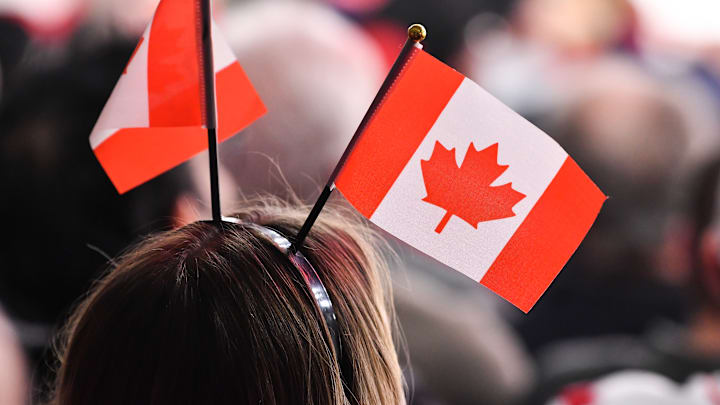As stereotypes go, one could definitely do worse than being thought of as overly nice and polite. Those are labels often applied to residents of Canada, the North American country that has brought the world everything from poutine to Ryan Gosling. Visit Canada and you might expect people to be unfailingly respectful. But is this cliché actually true?
Why are Canadians nice?
It may help to first understand where this belief originated. Nelson Wiseman, director of Canadian studies at the University of Toronto, spoke with MacLean’s in 2017 about the country’s reputation for near-subservient dispositions. Wiseman pointed to Canada’s previous subordinate roles under other regimes, particularly the British, whose mannered traits may have become endemic in the population over time. Good manners, of course, imply a certain politeness.
Once entrenched, the trait seems to have become pervasive. Some have noted Canadians tend to honk their horns less, and even commit fewer murders. (In 2020, the homicide rate was 1.95 per 100,000 people, compared to 6.5 in the U.S.) A 2015 BBC travel piece by Eric Weiner described Canadian hospitality down to the demeanor of its border guards.
“We experience Canadian nice as soon as we reach customs,” he wrote. “The U.S. border guards are gruff and all business. The Canadians, by contrast, are unfailingly polite, even as they grill us about the number of wine bottles we’re bringing into the country. One year, we had failed to notice that our 9-year-old daughter’s passport had expired. They, nicely, let us enter anyway. The niceness continues for our entire trip, as we encounter nice waiters, nice hotel clerks, nice strangers.”
Are Canadians polite?
It may be true that Canadians at least appear to be more optimistic and well-mannered. A 2018 study published in the journal PLOS One examined words most commonly used by both Canadians and Americans on Twitter over a one-year period in 2015. Canadian Tweets were over-represented by words like beautiful, happy, and thanks, while Americans tended to lean on hate, ugly, and slurs, none of which are terribly nice.
But the study had limitations. For one thing, it may be that Canadians simply chose to broadcast more positive messaging, or that they self-selected to express those sentiments publicly. It doesn’t suggest a characteristic indicative of the entire population.
So is this ultra-niceness accurate? In reality, it’s probably more a portrait of perception than anything. Canadians enjoy “nice” amenities that appear altruistic, like free health care; celebrities hailing from Canada appear nice, but most celebrities are cognizant of their reputation and aren’t likely to appear overly rude. That’s hardly limited to Canada.
It’s also possible Canadians are perceived as more modulated thanks to constant comparison to Americans. According to Wiseman, Canada is seen as a collective—again, think health insurance—while Americans are thought to be more about individual fulfillment.
Read More About Canada Here:
Ultimately, broad categorization (i.e. stereotypes) is a poor measure of a culture regardless of whether it’s positive or negative. Canadians probably aren’t any nicer than anyone else, but they might be too polite to argue about it.
